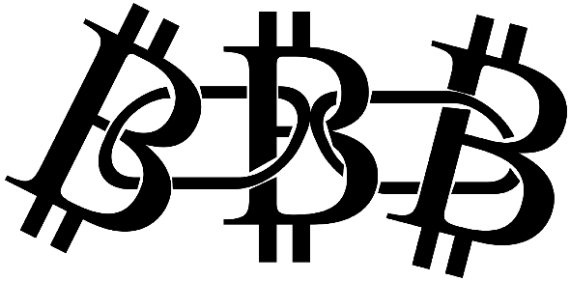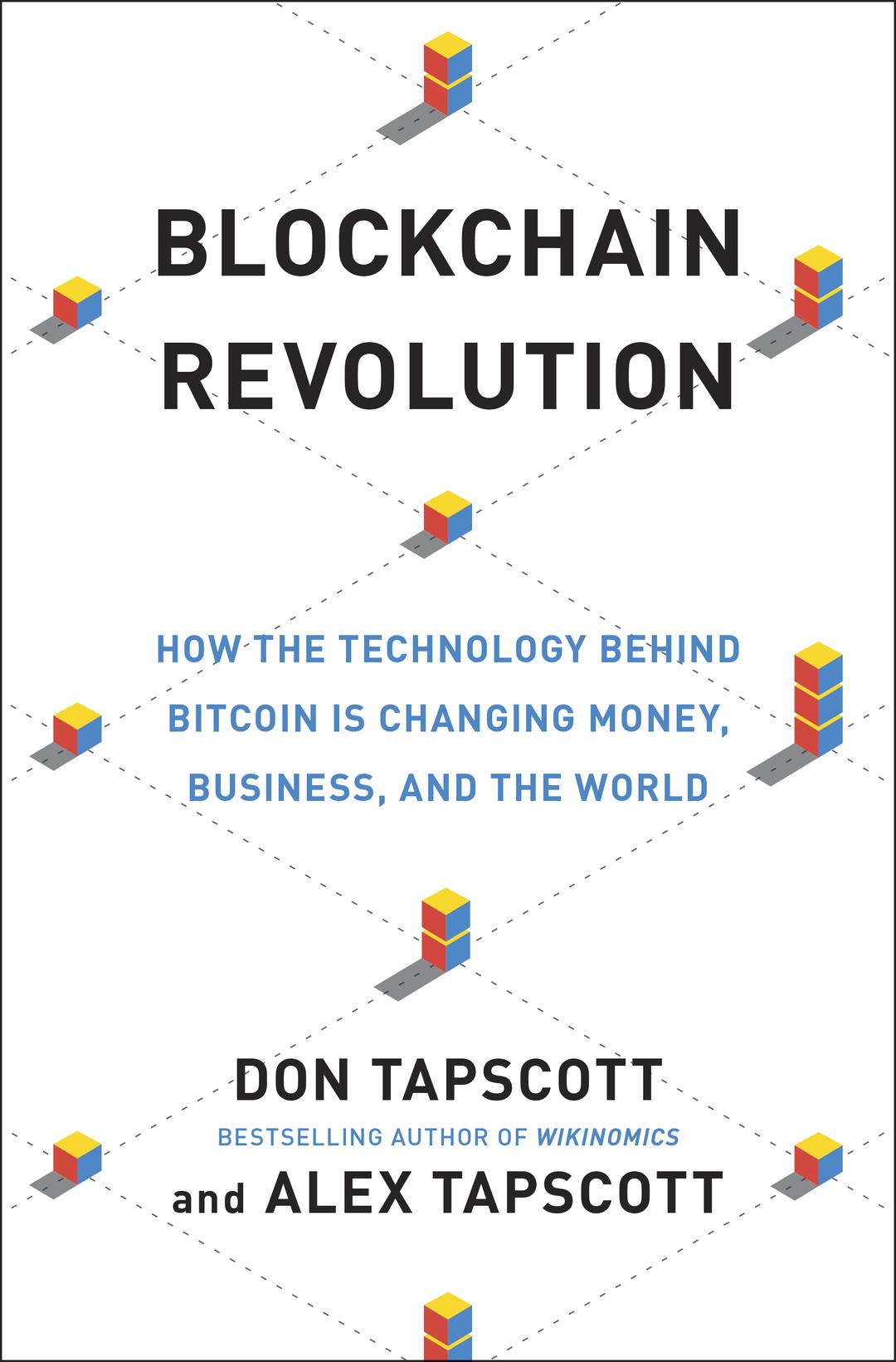Yes, the digital revolution has brought countless wonders. The Internet, the World Wide Web, social media, mobile computing, geospatiality, big data, and the cloud have enabled myriad wonderful developments in virtually every aspect of life.
But when it comes to business, a careful analysis shows that, to date, the changes are only scratching the surface. Capitalism’s basic institution, the corporation, has remained relatively unchanged. Hierarchy, vertical integration, and bureaucracy — hallmarks of the industrial age — still reign. And when it comes to the economy as a whole, the digital revolution has not had a positive impact on prosperity for most. Social inequality is growing, and most economists are predicting decades of structural unemployment. The economies of many developed countries are growing, but for the first time in history, there is no commensurate job creation. Most people on the planet don’t participate in the digital economy.
Instead of being the solution, technology has been a big part of the problem, and not just because a new round of automation, robotics, or disruptive business models are wiping out important parts of the workforce. The old paradigm in technology and media, whether broadcasting, print, or mainframe computing, was centralized, controlled by powerful forces, and the recipients were passive. The new paradigm was supposed to be distributed, controlled by everyone, and empowering active participants. However, the distributed Internet was dropped into an economy that has concentrated power structures with an asymmetrical ability to shape this new tool for their own purposes. Whether we’re looking at the old financial-services behemoths, the new titans of Silicon Valley, or the vast government bureaucracies that mine the digital world to monitor their citizens, it’s clear that the dream of a new age of empowerment and participation, free from the power structures of the industrial age, has proved elusive. Wealth, prosperity, and freedom have arrived, but only for a few.
The Internet, as it’s currently designed, is not all that good for doing business, let alone the peer-to-peer business that can democratize prosperity and engage the world’s population more directly in the global economy. The Internet is great for collaboration and information exchange, but when it comes to transactions and commerce, it has some deep flaws.
Overall it has enabled many positive changes — for those with access to it. Without an economic layer to the Net, we can’t establish each other’s identity or trust each other to make transactions without validation from a third party like a bank or a government. Quite the opposite: It allows people to commit fraud, collect our data, and invade our privacy. It excludes 2.5 billion people from the global financial system. It channels power and prosperity to those who already have it, even if they’re no longer earning it.
The next generation of the Internet can be the key to solving those problems.

